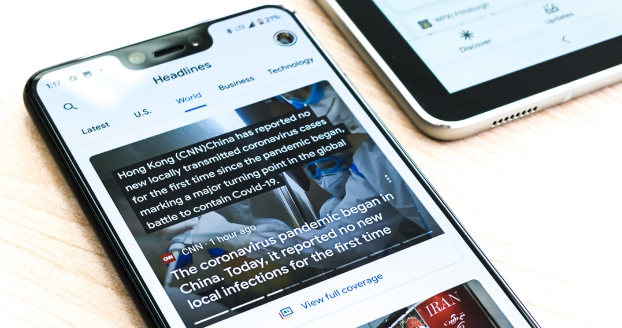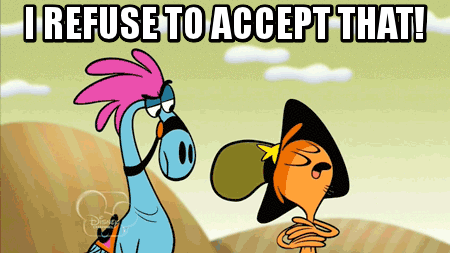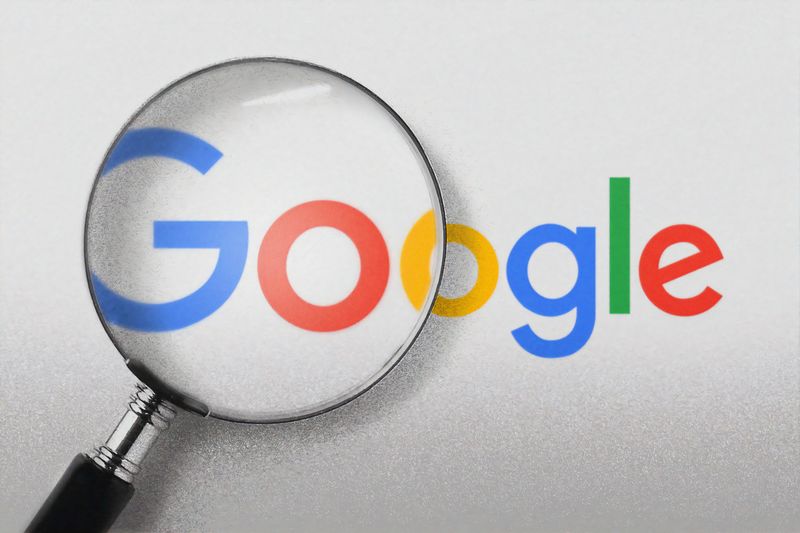Have you heard of fake news? Not all information found online can be trusted. Some sources are individual opinions, others are intentionally misleading or biased.
With a little bit of effort and experience anyone can learn to distinguish between credible information and information that should not be trusted.
When reading about something online ask yourself the below questions to assess the accuracy:
What is the source?
Who is the author?
Has it been verified?
What are my personal biases?
What's The Source?
Some signs that it's an accurate source ??
Source provides evidence to support the topic discussed
The site lists multiple citations, links, or other data
The last 3 letters of website are Educational (.edu) or government (.gov)
These sites are more likely to contain facts and analysis that aren't influenced by emotion, opinion or biases
Some signs it's not an accurate source ?
Website is not updated
Information is from a personal site where opinions are expressed
Poor design, broken links, and grammatical errors
Who Is The Author?
Ask yourself these questions before using resources from the internet:
Is the name of the author/creator on the page?
Are their credentials listed (occupation, years of experience, position or education)?
Is the author qualified to write on the given topic? Why?
If the author is with an organization, does it appear to support or sponsor the page?
If the owner is not identified, what can you tell about the origin of the site from the address?
Has It Been Verified?
Academic papers are usually peer reviewed. Established media outlets have processes in place to fact check their materials. Links to sources, emphasis on facts and multiple opinions are all signs of high-quality, accurate information.

Typographical, grammar and spelling errors may indicate at low quality of the information which often means it cannot be trusted. The same is true for websites that look amateurish and unprofessional.
Lastly, try verifying the facts yourself. If you are able to find mentions of the same events by independent sources then the information is likely to be correct.
What Are My Personal Biases?
Be aware of your personal biases. We are all humans and tend to trust information that resonates with our own beliefs and dismiss facts that do not conform to our worldview, whether or not the facts are correct.
Try to keep an open mind and consider different points of view.
 Source: https://gph.is/1UEoGKV
Source: https://gph.is/1UEoGKV
Helpful Tool
One online tool to help verify if information is true is snopes.com . Snopes is a well-known and trusted source for verifying Internet rumors. A typical Snopes entry will tell you whether the information is true or false, and it will also tell you where the story originated.
Practice

Quiz
Which of the below is likely to be the least accurate source of information?
Summary
It's important to be very critical of any information you find on the Web and carefully examine all information found on each site. As you have learned, Web pages are not always factual and can be altered and removed.

Are there any websites you'll think of differently now?
Your feedback matters to us.
This Byte helped me better understand the topic.